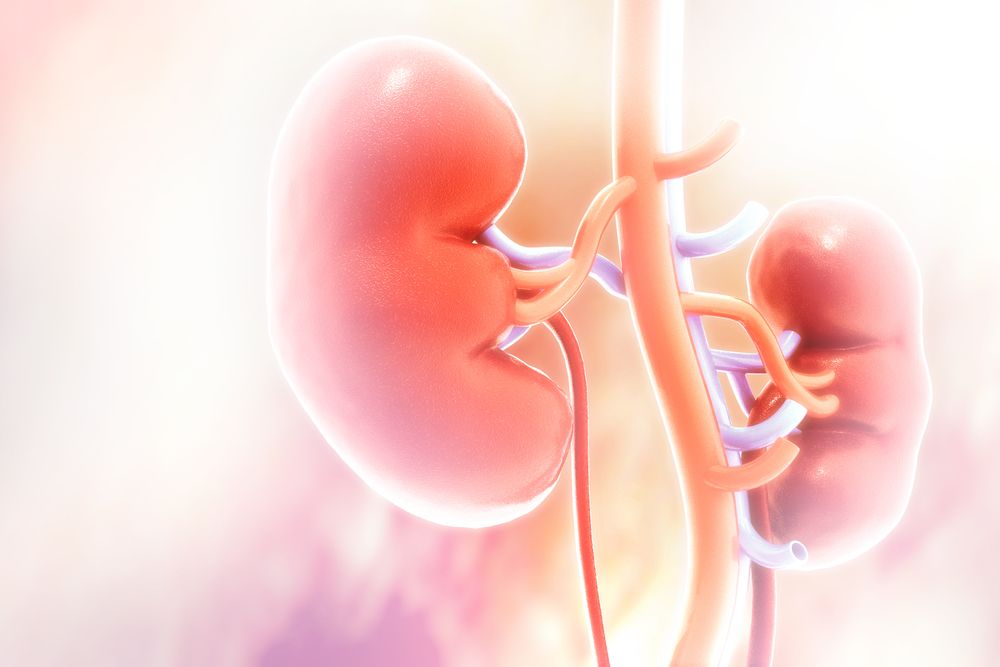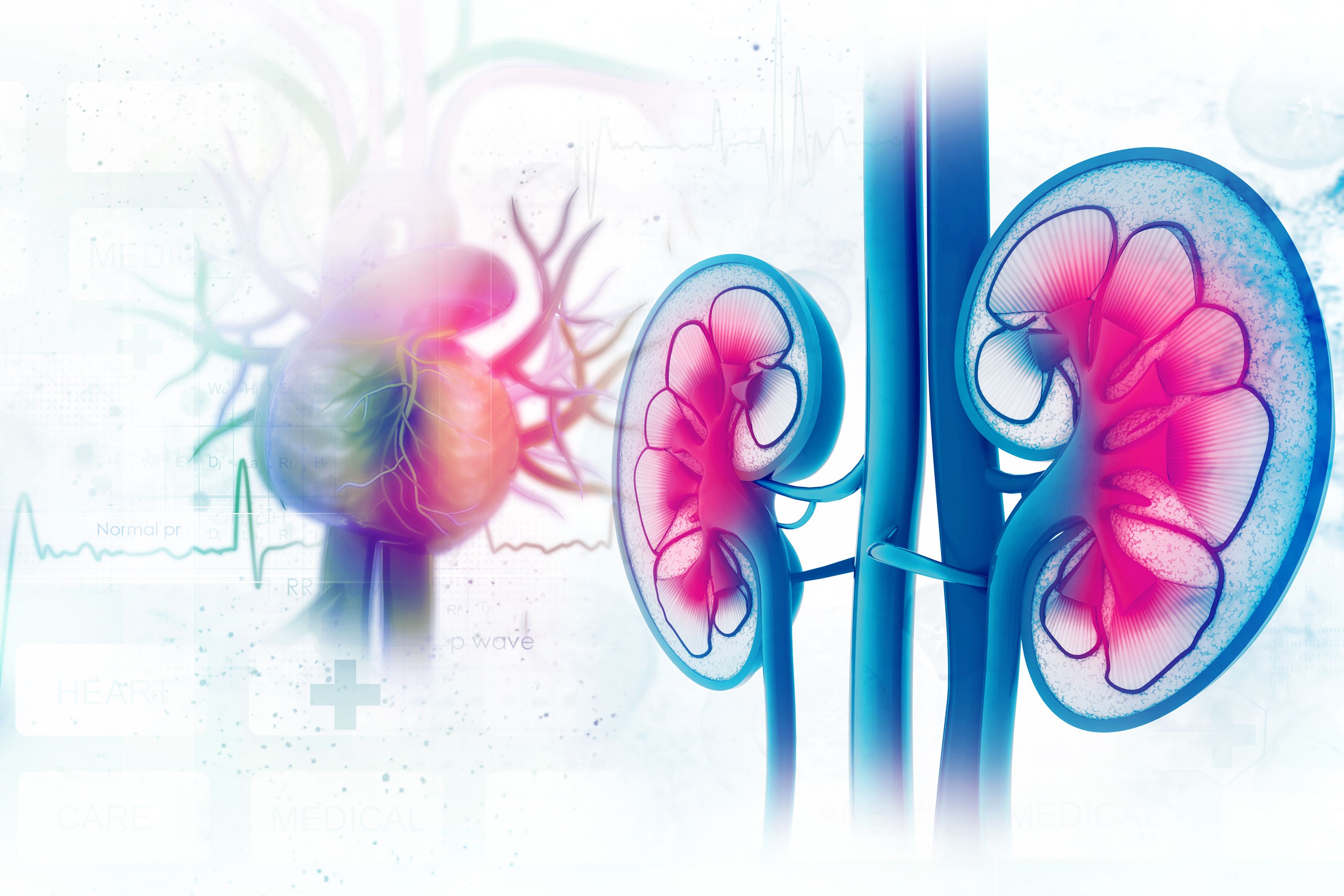
Chronic Kidney Disease
Latest News
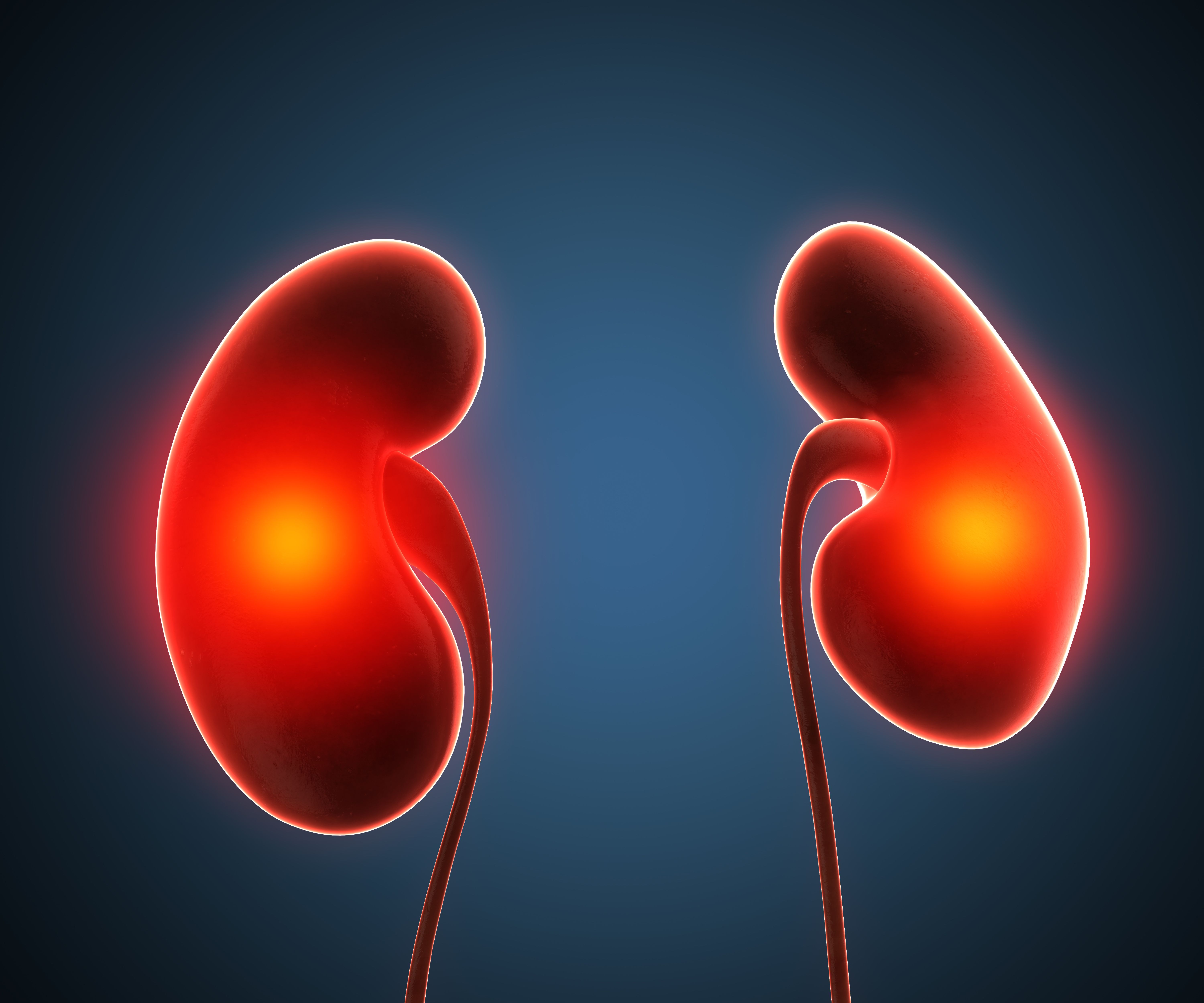
Latest Videos

CME Content
More News

Speaking with patients diagnosed with chronic kidney disease (CKD) about the burdens associated with care could help improve understanding of the disease and their communication with health care professionals.

Treatment with an angiotensin-converting enzyme (ACE) inhibitor/angiotensin receptor blocker and sodium-glucose cotransporter-2 (SGLT2) inhibitor combination demonstrated better outcomes in kidney failure.
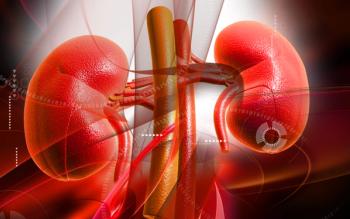
A new review has found that increased incidence of chronic kidney disease (CKD) may be seen among patients with nonalcoholic fatty liver disease.

Data on empagliflozin in chronic kidney disease (CKD) showed the drug had similar efficacy across subgroups, but more data is needed to really understand the benefit of the drug in CKD, said Jennifer Green, MD, professor of medicine at Duke University School of Medicine, member of Duke Clinical Research Institute, and EMPA-KIDNEY collaborator.

The studies reviewed estimates of economic and humanistic impact on both patients with chronic kidney disease (CKD) as well as their caregivers.
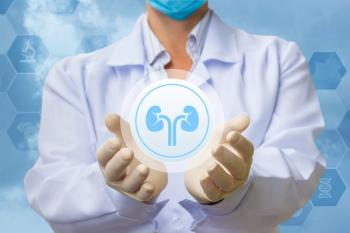
Updated Kidney Disease: Improving Global Outcomes guidelines and a consensus report with the American Diabetes Association support the use of finerenone in certain patients who have chronic kidney disease (CKD) that may be linked to type 2 diabetes (T2D).

FDA advisers voted in favor of approving Ardelyx’s tenapanor for patients with chronic kidney disease on dialysis; US home births increased by about 12% between 2020 and 2021; surges in respiratory viruses, especially respiratory syncytial virus (RSV) among younger children are putting pediatric hospitals at capacity.

A prospective population-based cohort study found that glomerular filtration rate based on cystatin C was more sensitive and specific for cardiovascular disease (CVD) and mortality risks compared with glomerular filtration rate based on creatinine.

A systematic review found that alternative approaches to calculating estimated glomerular filtration rate (eGFR) were worth looking into to properly account for diversity in populations.

The author, the dean of the College of Ethnic Studies at California State University Los Angeles, says a Supreme Court ruling could upend insurance protections for patients with kidney diseases, disproportionately hurting those who are Black, Hispanic, Asian, and other diverse ethnicities.

The launch of the National Kidney Foundation’s first nationwide registry of patients with kidney disease could help link patient data with laboratory and clinical information.

A cross-sectional study found that severe anemia was common in patients with chronic kidney disease (CKD) and was associated with lower glomerular filtration rate (eGFR) and multiple adverse outcomes.

An increased risk of emergency department visits for patients with kidney disease was found when patients were exposed to extreme heat.

This study found that the recent change to remove race from the calculation of estimated glomerular filtration rate (eGFR) may incorrectly label potential donors who are Black as having chronic kidney disease (CKD).

The esteemed panel concludes with their final thoughts on CKD therapies and management.

Drs Feldman, Pitt, and Agarwal describe the common CKD health disparities seen at their institutions and the steps they have taken to address them.

A retrospective observational study found that there was a decline in health care services for patients with chronic kidney disease (CKD) during the early months of the COVID-19 pandemic.

Dr Bertram Pitt explains the possibility of combining SGLT2 inhibitors and MRAs when treating CKD and CV, and Paul Sapia, MHA, discusses how payers balance cost of care with disease progression and health disparities.

Dr Jeffrey Feldman discusses finerenone trial data and the role that it and SGLT2 inhibitors have played in patients with CKD.

A recent report found that 56% of patients from The Netherlands who underwent a kidney transplant were able to work and functioned well while working.

Genomic testing can benefit patients with chronic kidney disease (CKD) as more causative genes are identified and evidence for clinical utility is discovered.

Dr Agarwal provides a deep dive into the use of nonsteroidal mineralocorticoid receptor antagonists in CKD therapy.

Dr Feldman concludes the treatment landscape overview by discussing glycemic control, SGLT2 inhibitors, and other important management techniques.
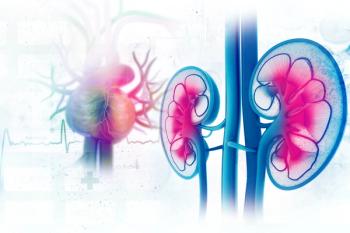
A recent study found that patients with chronic kidney disease and atrial fibrillation are increasingly using direct oral anticoagulants.

A retrospective cohort study found that a drop in events signaling renal function decline during the COVID-19 pandemic could be associated with a decrease in fine particulate matter concentration.
